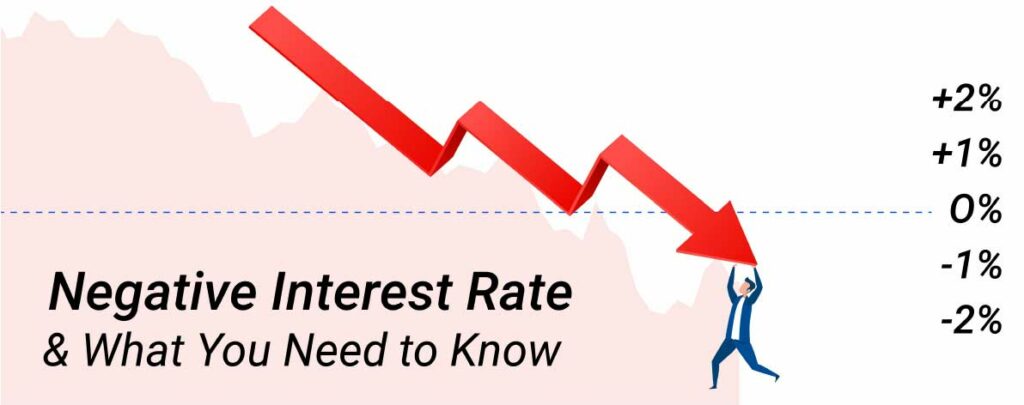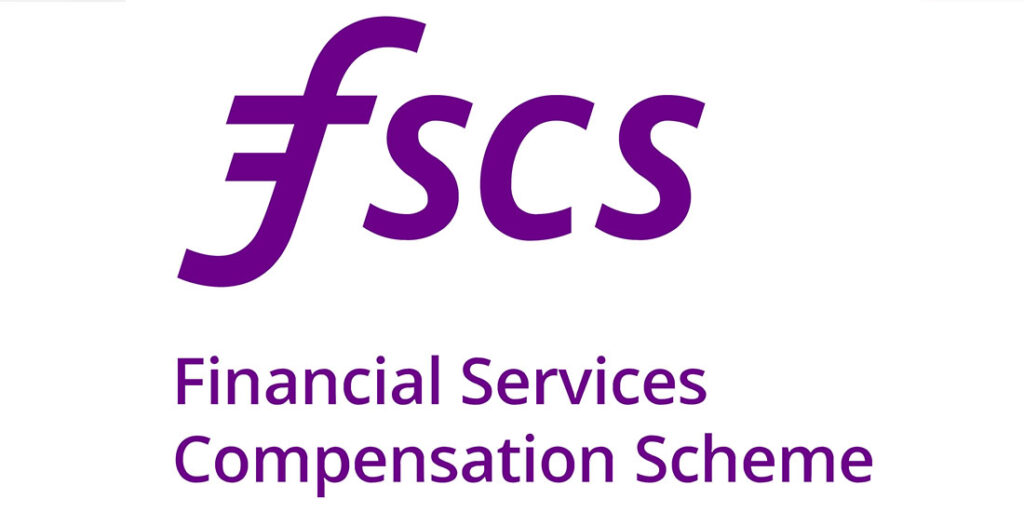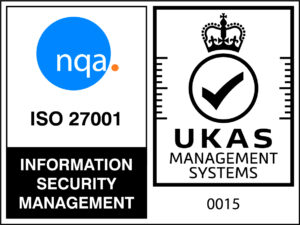
How would Bank of England’s negative interest rates affect you as a saver?
The Bank of England is an esteemed institution. Since its foundation in 1694, the interest rates have never been negative.
However, according to the latest news from Threadneedle Street’s quarterly monetary policy report (February 2021), building societies and banks have been given 6 months to get prepared for the likelihood that the interest rates may fall below zero.
We understand as savers you may have many concerns regarding how such decision by the Bank of England is going to impact your finances. Let’s address those concerns today!
Everything You Need to Know About Negative Interest Rates
Negative interest rates mean that the borrowers will be credited interest instead of them paying it to lenders. So, rather than getting interest on the money held at the Bank of England, local banks will have to pay to keep their cash in the central bank.
The Bank of Japan, European Central Bank, the Danish central and Swiss banks charge commercial banks to deposit money. This way, the banks cannot hoard money. They have to lend it to each other, businesses and consumers, hopefully boosting the overall economy.
How will negative interest impact the savers?
Unfortunately, negative interest rates bring more misery for savers. Ever since the start of COVID-19 interest rates on savings accounts have plummeted and the NS&I backed by government has dropped returns. A negative base rate means more accounts will be paying 0% or a bit above that, so, the value of deposits will further become damaged by inflation.
Further, wealthy savers may have to pay a charge for holding large amounts of funds on deposit. UBS charges wealthy clients a charge for saving more than £438,000 and is reportedly planning on lowering this threshold later in 2021.
Also, this means that banks may charge a fee to current accounts as well. HSBC has announced that with low-interest rates it may introduce a fee on its accounts.
Will There Be an Impact for The Borrowers?
Personal loan interest rates are low and usually fixed once you take the loan out, so the negative interest rate won’t affect your repayments. Typically, the credit card rates are lower for new customers. Still, they increase far above the base rate once the introductory period is over. So, it won’t be anywhere close to dropping into negative territory.
How negative interest rates affect mortgages?
If you have a fixed-rate mortgage you will face no interest rate cuts. The majority of people have this kind of deal, in recent times, almost nine out of ten new mortgages are taken on a fixed rate.
But, if you have a variable-rate mortgage, or a mortgage that is linked to a lender’s standard variable rate, then the interest rates may fall a bit if the base rate get cut. However, the decrease is probably limited by terms and conditions.
For instance, the building societies will never lower the rate on tracker mortgages to below 0%. Hence, if you have taken out a tracker mortgage at the base rate in addition to 1%, then it will not go below 1%.
New mortgages might become cheaper, and interest rate are already lower for borrowers with huge deposits. The lenders may rise the limitations on new tracker mortgages, this way, the rate you pay above the base rate is more than rates on current deals. As lenders, you have to ensure that you have a lower limit in terms and conditions as you wouldn’t want to pay the borrowers who have mortgages with you.
In the end if the interest rates go negative it will affect the commercial banks funds held with Bank of England. The interest on mortgages, credit cards and overdrafts would remain positive. However, going toward negative interest is still a big step, and it would be taken only after the Bank has tried all its other options.
How should investors react?
If the negative interest rates are introduced, the savings interest rates will drop, which means investing your money would become a better option than keeping it in the Bank for earning interest.
If you are thinking about investing your money, there is no better option than the peer-to-peer industry. Investing in Peer-to-Peer loans is much more transparent. At Kuflink, we allow a minimum investment of as low as £100. Even inexperienced investors can invest and reap the benefits. Plus, with the Innovative Finance ISA, you don’t have to pay tax on the interest you earn through peer-to-peer lending.
Overall, the prospect of negative interest is controversial. These rates may make approval of loans easier and may lead people to make diverse investments. We are still uncertain if these rates will be implemented or not. But as we have mentioned, it may present investment opportunities for you.
How negative interest rates affect Investments in P2P?
Affluent savers will be concerned, as the fear of charges will begin to creep in. This could be a time where we see a positive sharp increase in investment, as those savings will be best suited to an encouraging return, found outside of your bank.
One could assume that with the decrease in rates, there will be a spike in both demand and price for property in the UK. This is in part, true.
Demand will increase as those looking and ready to buy will be enticed with very low rates. However, with the unemployment impact we’re seeing to the £25,000-£50,000 income earners; prices are likely to remain steady.
The successful roll out of vaccinations throughout the UK give the Bank of England an encouraging vision for the second half of 2021. As they anticipate a reduction in lockdown restrictions, which will see the anticipated increase in consumption and economic activity.
Should they need to, the tool of negative interest rates can act as a positive catalyst for the economy through the benefits which follow an increase in investment, as savers look to get their money out of the banks and invested.
This could be a positive tool to springboard the re-opening of the economy in 2021.
*Capital is at risk and Kuflink is not protected by the FSCS. Past returns should not be used as a guide to future performance. Securing investments against UK property does not guarantee that your investments will be repaid and returns may be delayed. Tax rules apply to IFISAs and SIPPs and may be subject to change. Kuflink does not offer any financial or tax advice in relation to the investment opportunities that it promotes.













